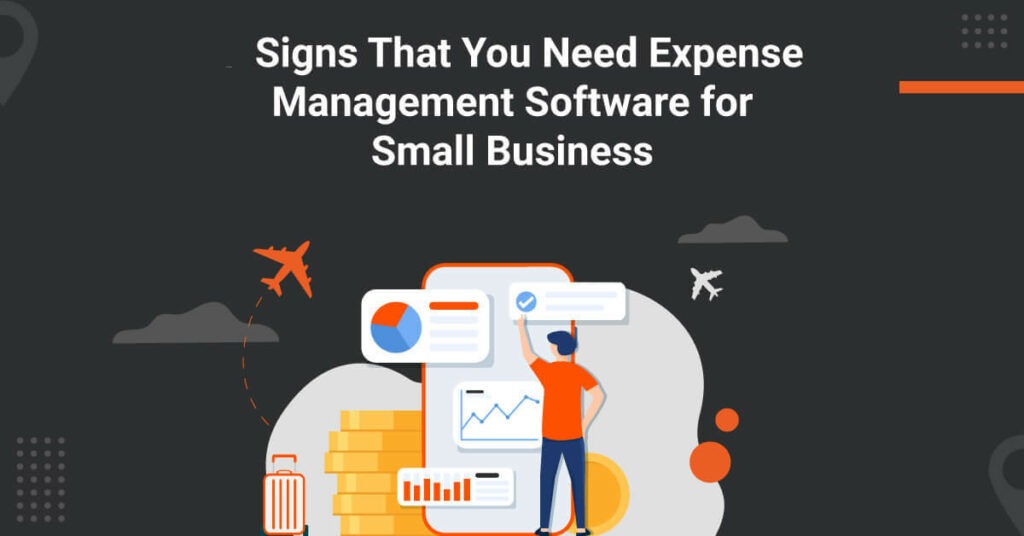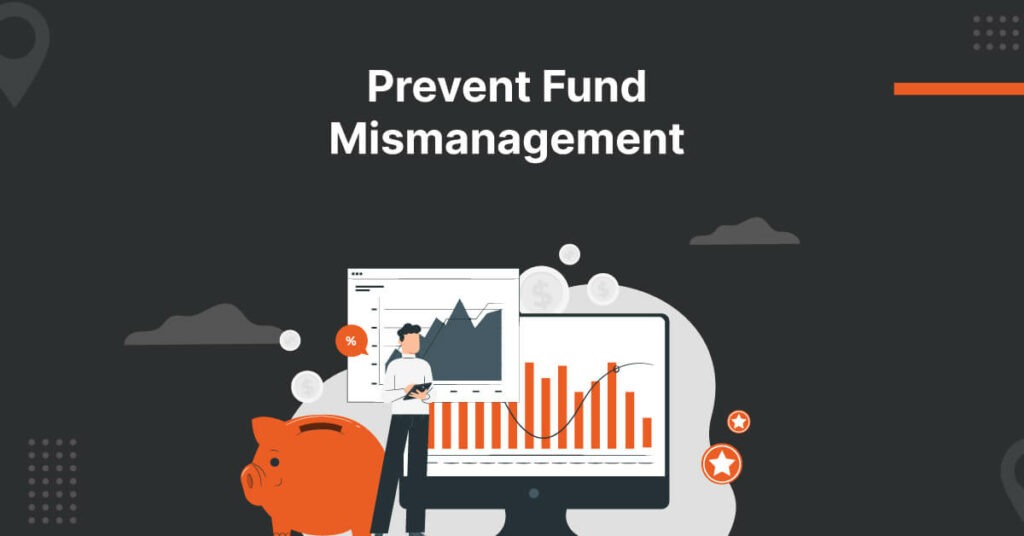
Running a business involves numerous big and small costs crucial to maintaining its operations. But have you ever wondered which expenses can help your business grow and which might be holding you back?
Did you know that understanding business expenses isn’t just about bookkeeping but can also pave the way for tax savings, smarter budgeting, and higher profits?
For example, a 2024 QuickBooks report states that 92% of small business owners surveyed use digital tools to run their businesses and experience faster business growth than those who didn’t.
This guide will walk you through company expenses and how to manage them effectively. Let’s break it down step by step so you can take control of your finances like never before.
What Are Business Expenses?
In simple terms, these expenses are costs incurred during the regular business operation. These include purchasing inventory, paying for utilities, employee salaries, and even office coffee. They are essential for generating revenue and keeping the business functional.
5 Types of Expenses for Businesses
Business expenses list can be broadly categorized into several types. Here’s a company expenses list:
- Fixed Expenses
- Costs that remain constant regardless of business activity levels.
- Examples: Rent, insurance premiums, and software subscriptions.
- Variable Expenses
- Costs that change based on the volume of business activity.
- Examples: Raw materials, packaging, and shipping fees.
- Operating Expenses
- Day-to-day costs necessary to run the business.
- Examples: Salaries, office supplies, and utilities.
- Capital Expenses
- Costs related to purchasing or upgrading long-term assets.
- Examples: Equipment, vehicles, and property.
- Non-Operating Expenses
- Costs not directly related to core business operations.
- Examples: Loan interest, legal fees, and investments.
Why Are Business Expenses Important?
Understanding and managing company expenses is vital for:
- Profitability Analysis: Monitoring expenses helps you evaluate profitability and make better financial decisions.
- Tax Deductions: Many business expenses are tax-deductible, lowering your taxable income.
- Budgeting: Tracking expenses ensures you stay within budget and allocate resources efficiently.
- Cash Flow Management: Managing expenses prevents cash shortages and ensures smooth operations.
What Qualifies as a Tax-Deductible Expense?
To claim an expense as a deduction, it must meet the following criteria:
- Ordinary and Necessary: The expense must be common and essential in your industry.
Example: Office supplies like printers, papers, and stationery.
- For Business Purposes: It must be directly related to business activities.
Example: Travel expenses for business meetings, such as flights, hotel stays, and transportation costs.
- Proper Documentation: Keep receipts, invoices, and other records supporting the expenses.
Example: A restaurant receipt for a business lunch or a hotel invoice for a work trip.
Examples of Deductible Expenses
Here’s a list of expenses that can be deducted for tax purposes.
- Employee salaries
- Office rent and utilities
- Business travel and meals (subject to limits)
- Advertising and marketing costs
- Professional services like accounting and legal fees
How to Track Business Expenses Effectively?
- Separate Business and Personal Finances
- Open a dedicated business bank account.
- Use business credit cards for all professional expenses.
- Leverage Technology
- Use expense tracking software like itilite.
- Automate recurring expenses to save time.
- Organize Receipts and Records
- Scan and store receipts digitally.
- Categorize expenses by type for easy tracking.
- Review Expenses Regularly
- Schedule monthly reviews to identify unnecessary spending.
- Compare current expenses to previous months to spot trends.
- Hire Professional Help
- Consult a CPA to optimize tax deductions and maintain compliance.
Examples of Common Business Expenses by Industry
- Retail
- Inventory
- Point-of-sale systems
- Packaging materials
- Technology
- Cloud storage
- Developer tools
- Cybersecurity software
- Freelancers and Consultants
- Home office setup
- Networking events
- Professional subscriptions
Mistakes to Avoid When Managing Business Expenses
- Failing to Record Small Expenses : Even minor costs like parking fees can add up. Record and maintain office expenses list consistently.
- Overlooking Tax Deadlines : Late filing can lead to penalties and interest. Use reminders or software to stay on track.
- Mixing Business and Personal Expenses : This can complicate bookkeeping and may lead to audits.
- Ignoring Expense Reports : Employees’ expense claims should be reviewed carefully to avoid fraudulent entries.
How to Reduce Business Expenses?
1. Negotiate with Vendors
Negotiating with vendors can significantly lower business expenses. Start by reviewing your current contracts and identifying areas where better terms or bulk discounts could be requested.
2. Embrace Automation
Automation can streamline labor-intensive processes, saving time and money. Tools for payroll management, inventory tracking, and customer service, such as chatbots, can reduce manual effort.
3. Adopt Remote Work Policies
Transitioning to remote work can lead to substantial savings on office rent, utility bills, and facility maintenance costs. Businesses can downsize their physical spaces or shift to co-working models.
4. Review Subscriptions Regularly
Cancel redundant services or consolidate features into one comprehensive platform. For instance, replacing multiple communication tools with a unified system like Microsoft Teams can cut costs without compromising functionality.
Use a Reliable Expense Management Tool
It doesn’t have to be a chore to manage business expenses. The right tools and proactive approach can simplify processes, save more, and focus on what really matters: growing the business.
Here’s the deal: if you are still dealing with spreadsheets or outdated systems, it’s time for a change. itilite expense software makes managing expenses effortless. Think of automated processes, real-time tracking, and 100% policy compliance, all wrapped up in a user-friendly platform.
It’s not just software; it’s your partner in smarter spending and better savings. So, why wait? Start today and transform the way you manage expenses—your business deserves it!















 and then
and then